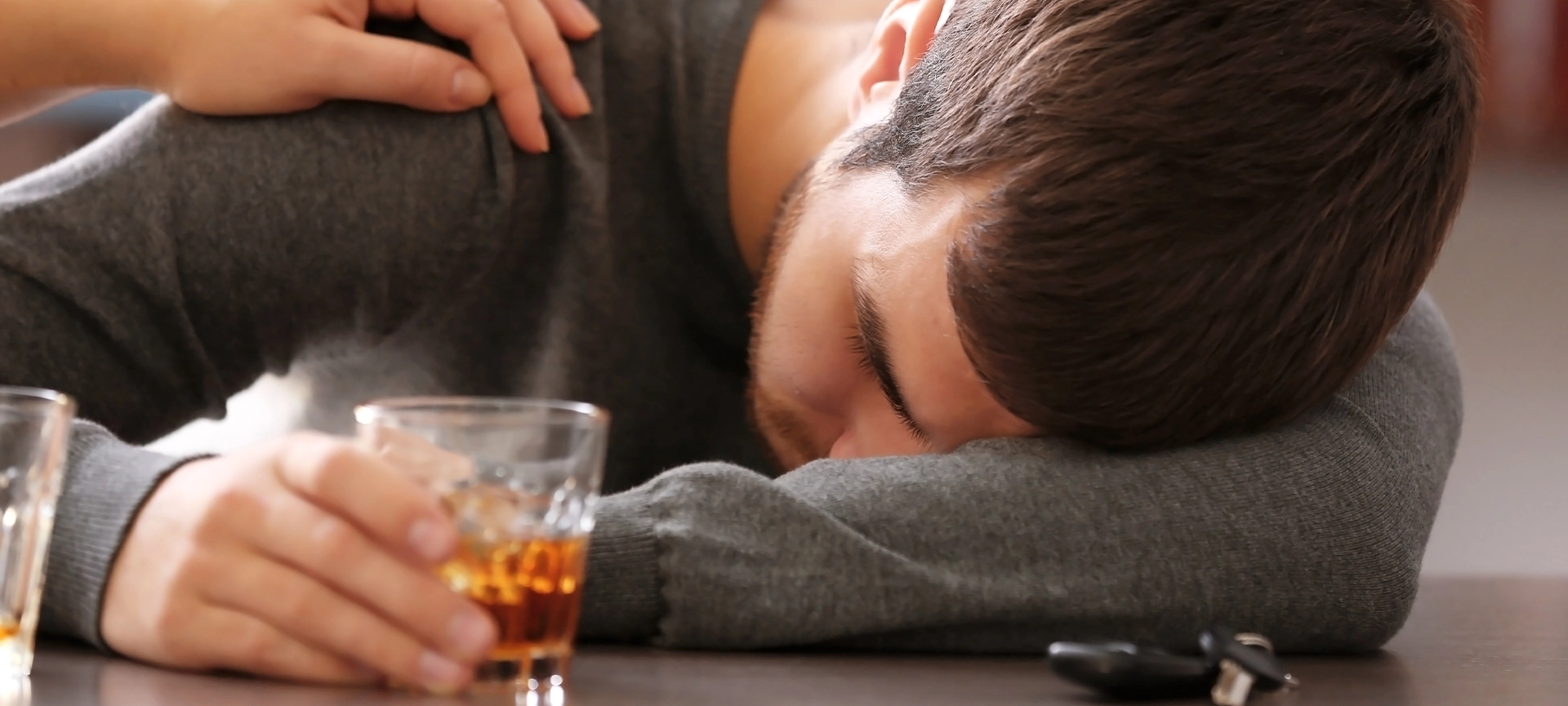Addiction has the potential to destroy relationships, and it often does. Entire families and friendships can be disrupted and even ruined forever by the ripple effect that addiction issues cause. While most of society is aware that the consequences of addiction are catastrophic, it can still be difficult to quantify exactly why that is. In reality, there are myriads of reasons why addiction can, and often does, cause friction in personal relationships. We will evaluate some of the most commonly seen examples in this blog post, and we will also highlight some of the different types of relationships that can be impacted.
Handling addiction issues within relationships can often be an exceedingly difficult task. On the one hand, addiction is a disease and not, as some people think, a sign of poor moral character. The addicted person isn’t acting like themselves, and they are generally not trying to cause a situation of distress on purpose. However, on the other hand, some of the actions and behaviours associated with substance abuse can be extremely difficult to handle, whether it be from a financial point of view or a mental, psychological or physical one.
Every relationship is unique. Sometimes an addict exhibits several or all of the relationship-harming characteristics that we will list below, but sometimes just one can be enough to reach a point of no return. The following relationship-breaking tendencies are absolutely not limited to those addicted to drugs, either. It just so happens that they are commonly seen in those who are addicted to drugs and other substances, as those individuals often prioritize feeding their addiction over all else. With that being said, let’s get to the root cause of just how and why addiction can cause so much strain on personal relationships.
Broken Trust
We’ve all heard the famous idiom that relationships are built on trust. It’s not merely an unrealistic cliché, it’s the absolute truth. Individuals who are addicted to drugs are often compulsive, and they deal in lies and deception in order to maintain their habit. Think about it: in a husband-wife scenario, the addicted spouse may be extremely self-conscious about his or her habit, possibly even believing that the other would leave or reject them if they found out. So the natural recourse is for the addict to keep the addiction issue to themselves. As we also know, lies don’t usually carry on forever. Those close to us tend to ultimately uncover whatever demons we have hidden away, and the possibility of such a discovery is further amplified if you are living under the same roof.
Once trust has been broken, it is incredibly difficult to regain. It is often impossible to repair adult relationships that are fostered on a bedrock of trust. If you find out that someone you share a close relationship with has been deceiving you in order to maintain his or her habit, reserve your rush to judgment. Be patient, and hear them out once you’ve discovered the issue. As we’ve noted, it is certainly plausible that the cycle of addiction itself was causing your loved one to act out, and you may be a key cog in their road to recovery. With the right support systems and adequate motivation in place, it is often possible for addicts to make a full recovery. Of course, factors such as how long and significant the deceptive behaviour was taking place, and whether it was accompanied by other upsetting behaviours, are going to be factored into how you wish to handle the situation.
Financial Strain
Broken trust can apply to much more than the act of hiding the addiction itself. Another common source of strain in the relationship between an addict and a loved one is the financial strain and stress the addiction has caused. Maintaining a drug addiction, particularly one concerning illicit drugs that are hard to attain, can be an expensive prospect. This time let’s use the example of a mother-son relationship. In this scenario, the mother has been giving her son an allowance which she believed he was using for his sports programs, cell phone bill and the occasional meal out with his friends. In reality, a substance abuse issue caused him to sink all of those funds into maintaining the routine. Perhaps he asked for extra money a couple of times and the mom was glad to help out since she believed it was for activities that were enriching her son’s life. As with our previous example of a live-in husband-wife duo, it is highly plausible that the mother will find out about the issue, and then what? Not only is the trust broken, but the deceptive actions have caused a real, tangible impact on that family’s financial situation. Maybe they are well off enough for it to not cause any real friction on its own, but what if they aren’t?
This is just one potential scenario, but the idea that financial issues are a by-product of addiction is very real. Furthermore, addiction can also cause other issues like loss of productivity, jarred concentration at work, and strained relationships with co-workers, leading to negative employment repercussions, or even dismissal. Of course, if your household is relying on this income to maintain a mortgage, month-to-month expenses or other budget realities, it is easy to envision a scenario where addiction could disrupt that household or tear it apart altogether.

Physical or Mental Abuse
Another unfortunate societal impact that goes hand-in-hand with addiction is domestic violence, which usually means physical abuse, but can also take the form of sexual, mental or psychological abuse. According to the Substance Abuse and Mental Health Services Administration’s (SAMHSA) addiction centre website, over 80% of domestic violence crimes are related to the use of drugs. Obviously, with statistics like that, it is easy to understand how close the correlation between domestic violence and drug abuse really is.
Adding to the devastating consequences of domestic violence is the fact that its victims are much more likely to undergo substance use disorder issues themselves, in addition to other conditions like eating disorders, mental health issues, depression and post-traumatic stress disorder (PTSD). To make the problem more complicated, victims of domestic violence often don’t report incidents right away, and sometimes they do not report them at all. Factors such as their affection for their partners – or a fear of them – and other concerns often weigh into their decisions to go public or not. Domestic violence has the potential to cause permanent physical, emotional and psychological damage that cannot be undone, and this can undoubtedly destroy relationships.
Enabling and Codependency
While some may believe that being an enabler in a relationship with someone who is going through addiction issues will help guide them through, it does more harm than good. Enablers often have such deep feelings for the person on the other side of the relationship that they’re willing to look the other way and minimize negative behaviours. An example of this would be discovering that your significant other has been engaging in an abusive pattern of illicit drug use, but simply chalking it up to a particularly stressful period at work or something of that nature. Of course, it is difficult to launch a full-on intervention with those we love, but there is no excuse that makes substance abuse disorder a reasonable habit to maintain, whether the cause is stress at work or any other societal pressure.
A by-product of enabling behaviour is that the enablers themselves can often develop resentment for the person they’re enabling, even while producing cover-ups and excuses for why their actions are okay. In the long term, this resentment can build up and cause a great deal of conflict in a relationship, or make it untenable altogether.
Codependency can be just as troublesome as enabling, if not more so. In fact, psychologists and psychotherapists have spent years arguing over whether being codependent or having an “addictive relationship” is a disease in and of itself. Someone who is codependent on their partner is so reliant on that person’s affection that they will do whatever is necessary to maintain it. This means that rather than having the difficult conversations that need to be had and rather than sticking sternly to demands that the partner begins treatment and recovery for their addiction issues, it is highly likely that they will simply become the addicted person’s caretaker and allow them to get away with a continuation of their harmful habits. Some personality traits of codependency include low self-esteem, an obsession with the relationship that can cause sleep disorders and other issues, and an absence of healthy boundaries. These relationships are ironic, particularly when they’re centred on substance abuse. While the one partner believes they are doing whatever they can to keep the person they’re dependent on happy, what they’re actually doing is creating a barrier to recovery.
If you are in a relationship with someone who has encountered addiction issues for a long or short period of time, and who hasn’t dealt with them properly, you may need to ask yourself if you have been enabling them, or even whether or not you have grown codependent on them and their happiness. If the answer to either of those questions is yes, it is critical to realize that supporting them through recovery and not through delay tactics and a continuance of their bad behaviour is ultimately what is going to result in growth and positive change. Otherwise, the relationship may ultimately be permanently damaged rather than salvaged.

Conclusion
We have outlined some of the most common ways in which addiction can destroy relationships. From breached trust to unhinged financial spending and codependent behaviour, addiction has the potential to undermine any relationship, no matter how strong it is, to begin with. If you, a loved one, a family member or a spouse is experiencing addiction issues, openness and honesty are always the best policy. Have a frank conversation with them and be upfront with them about the need for a solid recovery and treatment plan to be put in place. From 12-step programs to counselling and full-on detox centres, the right addiction treatment plan is out there, and you can find it together. Addiction is a disease that can be treated, and those who are struggling with it can go on to lead normal, healthy lives that include positive relationships.






